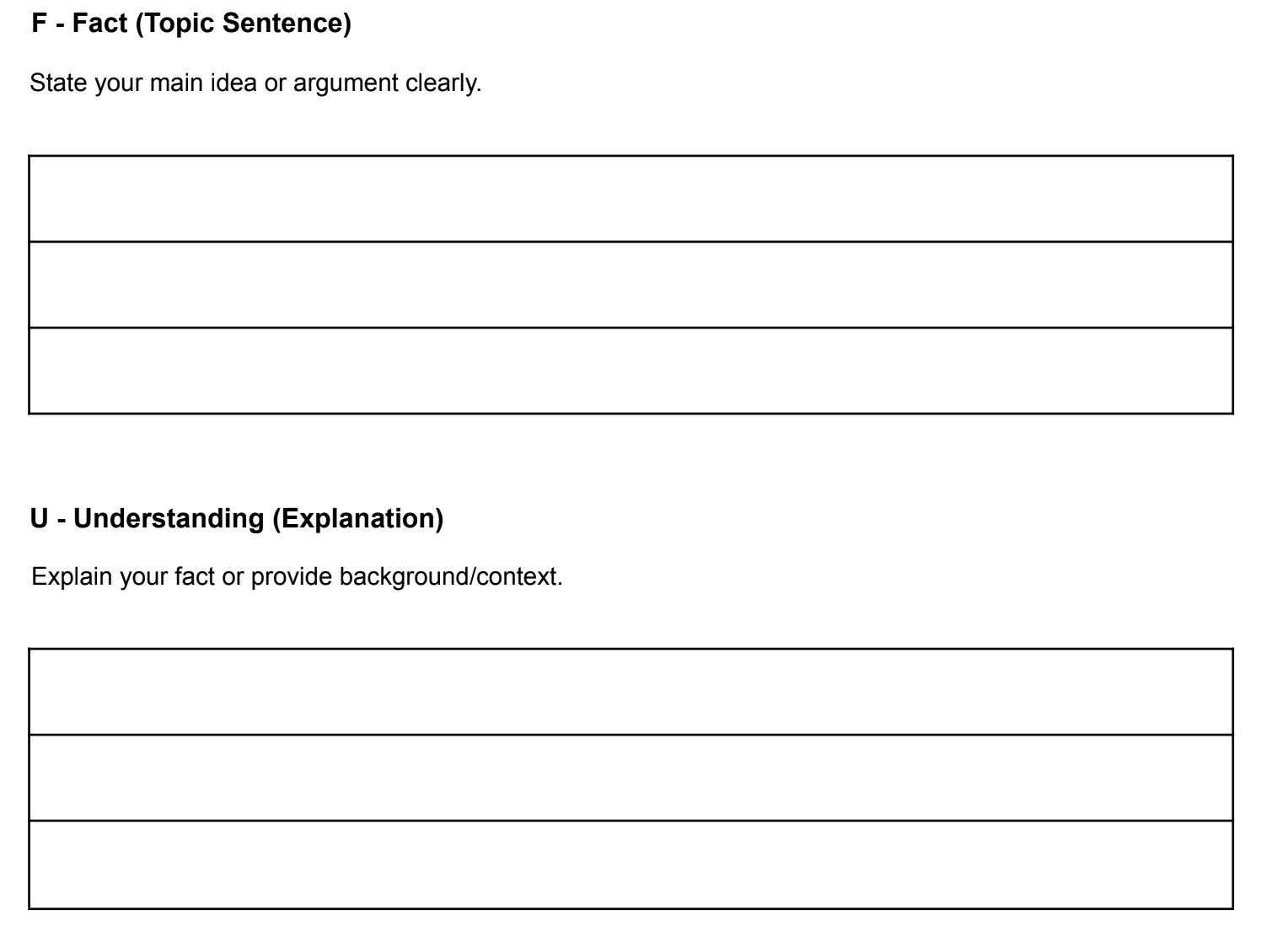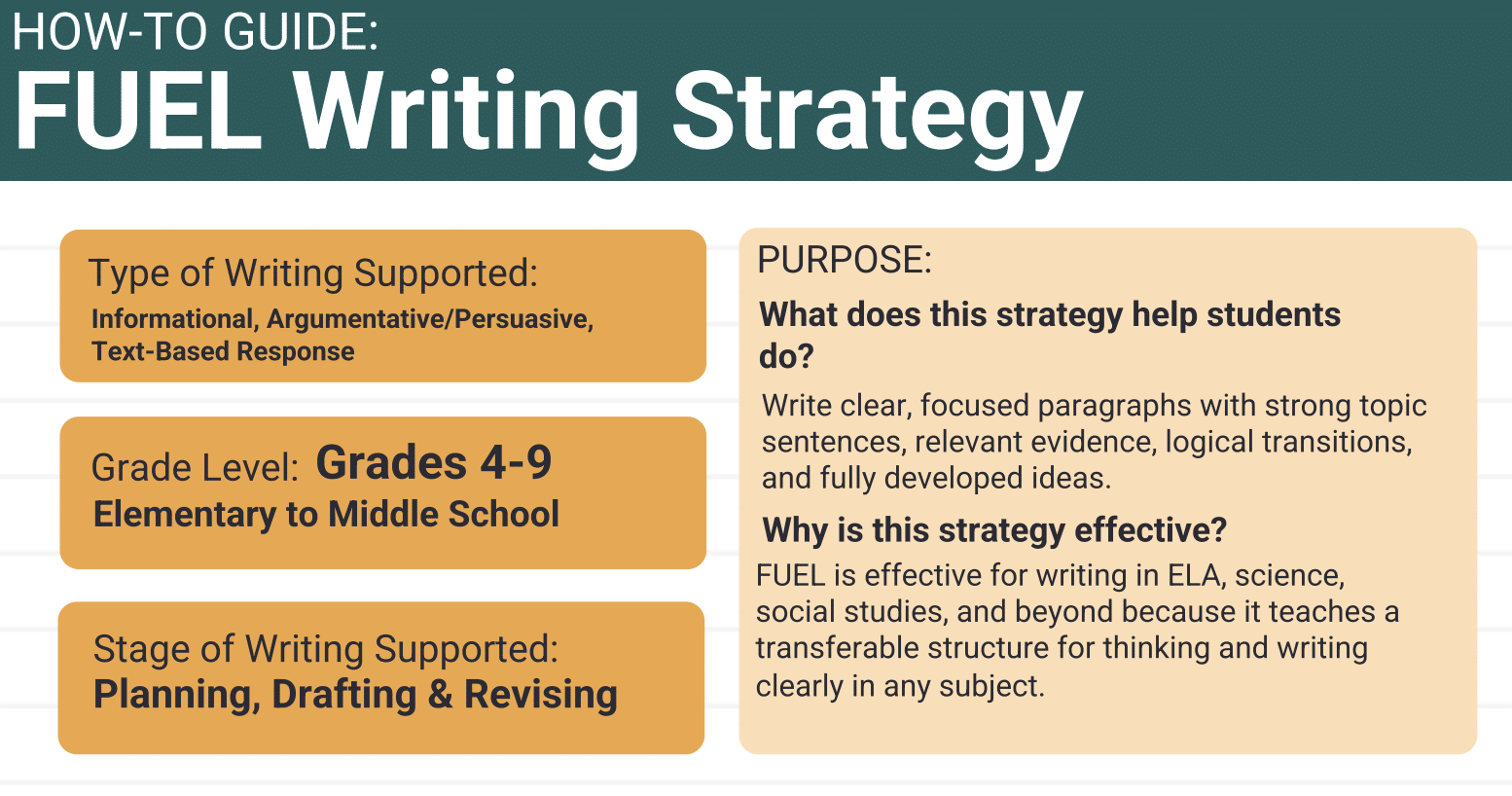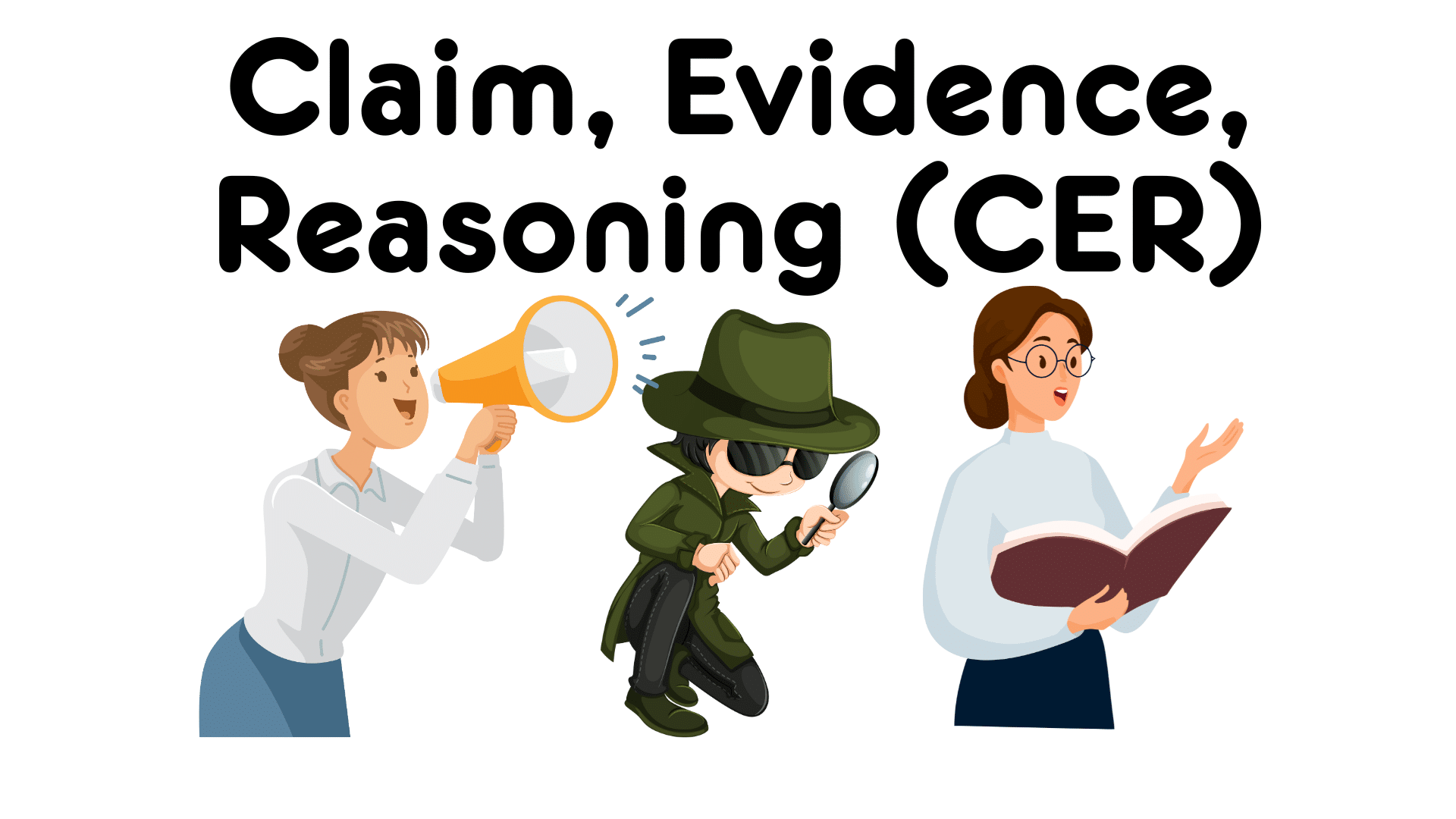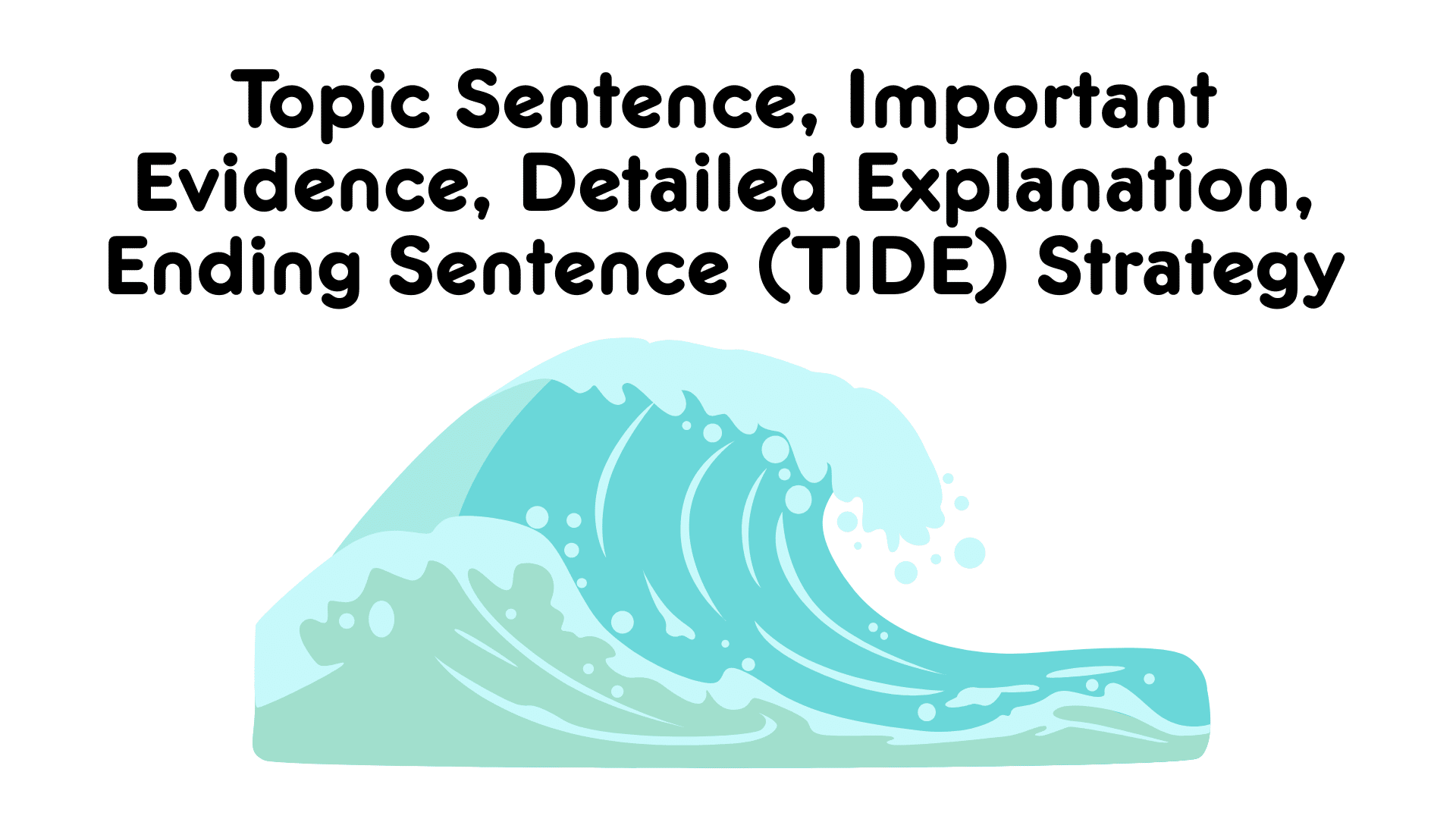Fact, Understand, Evidence, Link
(FUEL) Strategy
Strategy Parameters
- Genres: Informational, Argumentative, Persuasive
- Grade Levels: 4-9
- Writing Process Stage: Planning, Drafting, & Revising
At-A-Glance
The FUEL writing strategy is a four-component framework (Fact, Understand, Evidence, Link) that helps students build clear, organized paragraphs by teaching them to develop strong topic sentences, support claims with evidence, explain their reasoning, and conclude logically.

Overview
FUEL simplifies paragraph construction into four essential steps, starting with establishing a clear fact (topic sentence) and moving to understanding (explaining the idea) before incorporating evidence and providing a final link (conclusion). This strategy is effective across multiple subjects (English, science, social studies) because it offers a consistent structure for responding to diverse academic prompts and explaining complex concepts. By breaking the writing process into manageable steps and providing clear expectations, FUEL reduces cognitive overload and writing anxiety, ultimately fostering independence and confidence.
Purpose and Benefits
This strategy helps students:
- Construct strong, clear topic sentences that effectively state the main idea (Fact).
- Deeply explain their reasoning and ideas before presenting facts (Understand).
- Learn to properly select and integrate supporting evidence from source material (Evidence).
- Write logical concluding sentences that effectively summarize and connect the paragraph’s ideas (Link).
- Reduce writing anxiety by providing a predictable and clear path to achieving a well-formed paragraph.
Why It's Effective
-
Universal Structure: It provides a transferable, consistent framework for explanation and argumentation across diverse academic disciplines.
-
Cognitive Ease: The four-step breakdown reduces the complexity of writing, which is vital for minimizing cognitive overload, especially for students with learning differences.
-
Focus on Explanation: It explicitly requires students to explain their thinking (Understand) before evidence is introduced, encouraging deeper, non-surface-level engagement.
-
Visual and Verbal Cues: The acronym and sequential steps offer reliable memory cues that support planning, organization, and self-monitoring.
-
Achievability: By setting clear, manageable expectations for each component, it makes the task of producing a quality paragraph feel more attainable, significantly building confidence.






